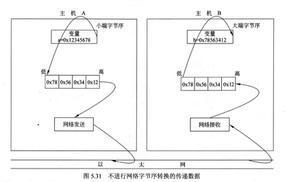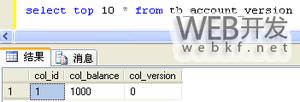【Java】Integer类型比较

public static void main(String[] args) { Integer x = 128, y = 128;
System.out.println(x == y); false
Integer s = 127, t = 127;
System.out.println(s == t); true
}
先说结论
Integer的比较在【-128,127】之间的数时,俩对象“==”返回true
不在这一范围的返回false。
具体原因看Integer源码
private static class IntegerCache { static final int low = -128;
static final int high;
static final Integer cache[];
static {
// high value may be configured by property
int h = 127;
String integerCacheHighPropValue =
sun.misc.VM.getSavedProperty("java.lang.Integer.IntegerCache.high");
if (integerCacheHighPropValue != null) {
try {
int i = parseInt(integerCacheHighPropValue);
i = Math.max(i, 127);
// Maximum array size is Integer.MAX_VALUE
h = Math.min(i, Integer.MAX_VALUE - (-low) -1);
} catch( NumberFormatException nfe) {
// If the property cannot be parsed into an int, ignore it.
}
}
high = h;
cache = new Integer[(high - low) + 1];
int j = low;
for(int k = 0; k < cache.length; k++)
cache[k] = new Integer(j++);
// range [-128, 127] must be interned (JLS7 5.1.7)
assert IntegerCache.high >= 127;
}
private IntegerCache() {}
}
在integer中有个静态内部类定义了缓存池,范围是-128到127之间,在类加载的期间就已经完成,需要的时候直接指向,省去了构造对象的时间,提高了效率。
实际上Integer s = 127, t = 127;中s和t指向的是同一对象,“==”比较对象的地址是否相等,故打印出true。
public static Integer valueOf(int i) { if (i >= IntegerCache.low && i <= IntegerCache.high)
return IntegerCache.cache[i + (-IntegerCache.low)];
return new Integer(i);
}
上述代码可以看出当int i自动装箱的时候判断了i的范围是否在-128到127之间,如果是则直接返回缓存的对象,
如果不是则new了一个新对象。
所以Integer x = 128, y = 128;实际上是x和y分别new了Integer对象,分别指向了不同对象的地址,故打印出false。
以上是 【Java】Integer类型比较 的全部内容, 来源链接: utcz.com/z/393736.html









